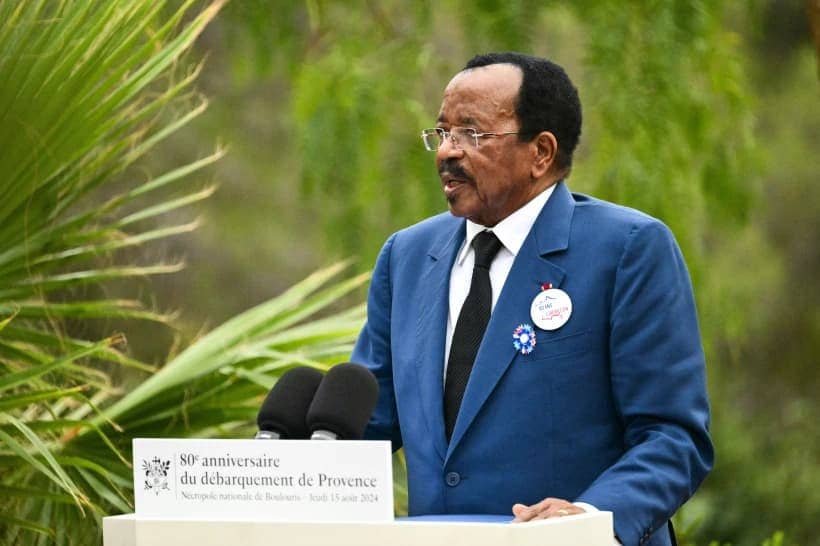YAOUNDÉ, Cameroon – Bishop Matthew Hassan Kukah of Sokoto is trying to get millions of children off the streets of Nigeria, despite the objections of some Islamic religious leaders.
The children – estimated to number between 7 and 10 million – come from all over West Africa to study in Muslim boarding schools in northern Nigeria. They are called the Almajiri, derived from the Arabic word meaning a person who leaves home in search of Islamic knowledge.
The system is centuries old, but fell out of favor in colonial Britain, when western-style education was introduced. This western education is known as “Boko”, and the Islamic militants in the area are known as Boko Haram, meaning “Western Education is forbidden.”
The Muslim schools are poorly funded, and the teachers are usually untrained. The only object of study is the Koran, which the students spend hours a day memorizing. The rest of the time, they are on the streets, begging for food and money.
Announcing the initiative in 2017, Kukah said he wants to take these kids off the streets and help them acquire more sustainable means of livelihood.
“One of the greatest concerns in Nigeria now is to get the Almajiri children off the streets,” the bishop said.
The Kukah Centre (TKC) will work with foreign partners “to make sure that we get the Almajiri children off the streets.’’
But the bishop’s intent has met with opposition from Muslim Rights Concern, MURIC, which claims the project is a method to convert Muslim children to Christianity.
In a Jan. 4 statement, MURIC described the initiative as a ploy for “modern colonialism and a potential time bomb.”
While the organization agreed on the need to do something about the Almajiri children, it insisted that such a project must be in the hands of Muslims.
“We cannot pretend to be so naïve as to entrust our Muslim children to the hands of Christians. As far as we are concerned, Kukah’s Almajiri dream is a Trojan horse,” the statement said.
“The devil we know is still better than the one we do not know and we expect Rev. Kukah to know better. Can any Christian community allow an Islamic organization to take their children away just like that? Whatever the situation may be, we wish to caution Northern Muslims, particularly the elders, never to allow it to happen. Instead of allowing Christian missionaries to seize this kind of initiative, Northern Muslims should empower available Muslim NGOs to cater for Almajiri children,” the statement continued.
But not all Muslims are antagonistic to the bishop’s proposal.
Professor Abdussamad Umar Jibia of Bayero University in Kano has made the case for Muslims to thank the prelate for the initiative.
The academic doesn’t know of any “formidable initiative to solve the problem of Almajiri in the north.”
“All of a sudden, the Christians came up with an idea. That since we don’t seem to care about these our underaged children roaming the streets with plastics begging for food, the Church will create a center for them, in which they will feed, clothe and shelter them. In addition, they will teach them vocation alongside the Koran with whose teaching they will not interfere.”
Jibia said Kukah understands the predicament of the young people because he isn’t only a Christian from the north of the country, he is also friends with Muslims, including the influential Sultan of Sokoto.
He said the bishop fully understands the sensibilities of Muslims and would conceal any “proselytization agenda” at the start.
Jibia chastised Muslim leaders for dereliction of duty and called on them to be thankful to the Catholic prelate for reminding them what they should be doing.
“What one would expect of a responsible people faced with this type of challenge is to thank the Church for reminding them of their responsibility and come up with a more comprehensive program than that of Mathew Kukah. Unfortunately, the kind of sentiments being expressed and the fact that more than a year after Kukah mooted this idea nothing has come up from our religious leaders and our “Shariah compliant” politicians portray us as a people not serious,” he said.
Kukah insists it is morally wrong to allow children to waste their lives in the streets when something can be done about it. The bishop said differences in creed and political bearings should never make Nigerians lose sight of that reality.














